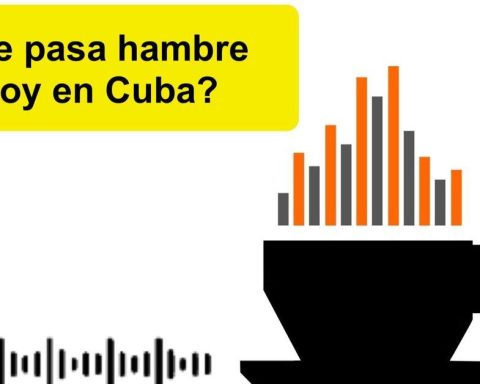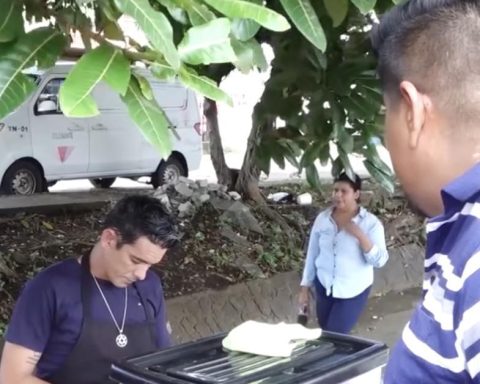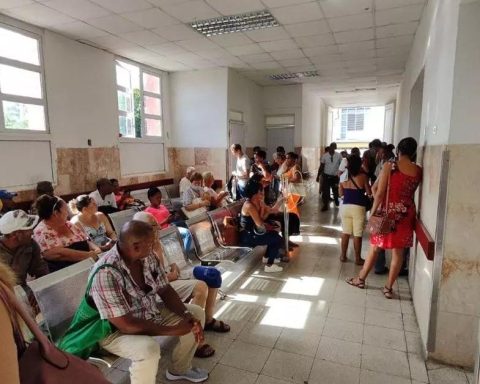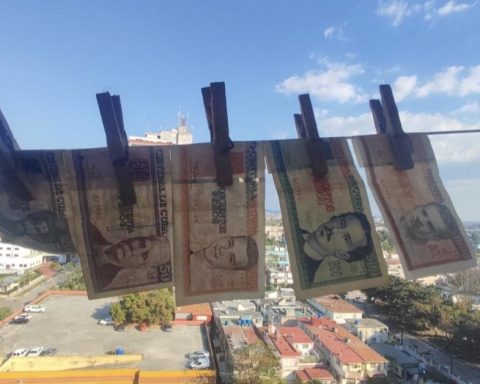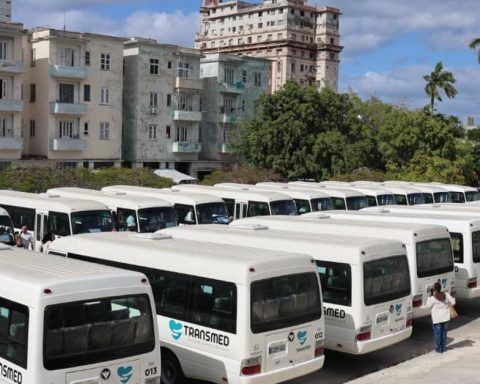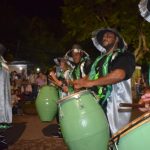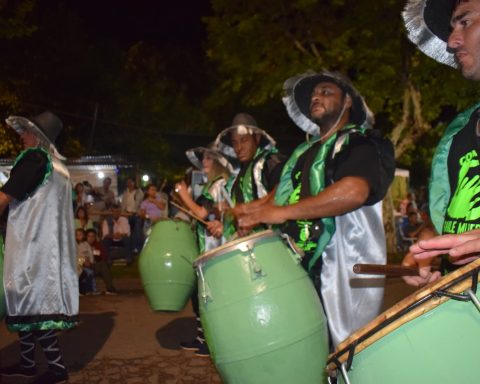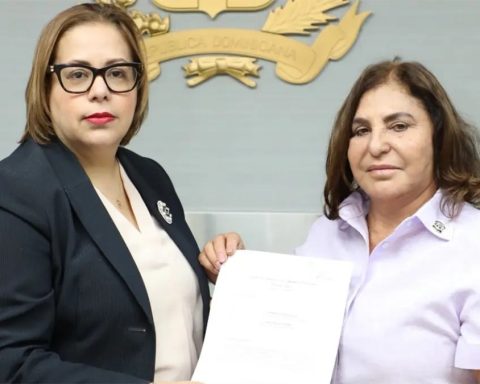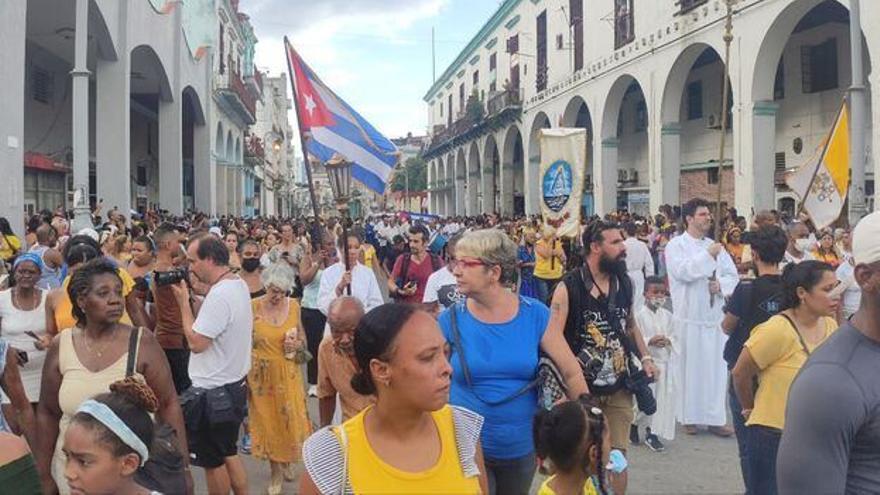
The most recent report of the Cuban Observatory for Human Rights (OCDH) on religious freedom alleges that the island’s religious are more vulnerable to harassment by the regime because of their “civic stance”. 68% of the 1,394 people surveyed by the organization said they knew of cases in which a religious person has been repressed or threatened for their criticism of the Government.
The publication of the study, which coincides with the visit of Miguel Díaz-Canel to Pope Francis in the Vatican, does not define, however, if the persecution has to do with the beliefs themselves or if, on the contrary, it can be attributed rather to the critical role that the religious have played in the Cuban public sphere.
Those interviewed by OCDH reside in 83 municipalities of the 15 provinces of the Island, and were surveyed during February of this year. His general conclusion is that the country continues to be an inhospitable territory in terms of religious freedom. All the participants – 45% of them women – are over 18 years old and the figures, they say, have a margin of error of +/- 2.62 points.
Holding a critical political stance based on faith is, for 58% of those interviewed, the first cause of harassment by the regime, while 45% believe that “speaking publicly about their faith” –including on social networks– may lead to discriminatory treatment.
Holding a critical political stance based on faith is, for 58% of those interviewed, the first cause of harassment by the regime
The report also denounces “concrete actions” against religious institutions and leaders. 64% of those surveyed know of cases in which they have been denied “permit for events in public spaces”, while 63% mentioned the denial or conditioning of permits “to build or repair temples” and, in the same percentage They claimed to know of episodes in which the departure of processions was denied or conditioned.
In this sense, the Catholic priest José Luis Pueyo, of the Diocese of Santa Clara, affirms that it is necessary to distinguish between “freedom of worship” and “religious freedom.” In the first case, it is one of the dimensions of religious life, but it does not exhaust it: “There are dimensions such as educational activity, presence at school and university, welfare activity, care for the elderly, the sick and the needy. , communicative activity –press, radio and television– as well as a multitude of civil and associative activities (what is called ‘civil society’) that are totally restricted and are monopolized, no longer by the State, but by the Communist Party”, explain to 14ymedio.
According to Pueyo, it is “curious” that the religious should negotiate with the Party and not with the Government itself. In fact, 68% of those surveyed by the OCDH point to the Office of Religious Affairs, directed by Caridad Diego – who was part of the government delegation that visited the Vatican this week – as the instance from which rape is promoted. of religious freedom. More than half of those consulted know a leader “whose work has been prevented or made difficult.”
A section of the study analyzes the “trust” of Cubans in “national institutions”, to conclude that 42% trust religious associations more than official ones. Human rights groups (19%) and independent media (13%) have the same reliability, while the government only enjoys 13% reliability.
In a devastating 2% are located all official institutions such as the Committees for the Defense of the Revolution (CDR), the Federation of Cuban Women (FMC), in addition to the Police, the Armed Forces and the courts. In general, 73% of those surveyed denounce that the country is “going in the wrong direction.” The CDRs are, according to 65% of the Cubans consulted, the body through which the Government exercises surveillance over the religious.
The OCDH also exposes that the regime promotes a system of “monitoring and control” against the religious, for sustaining a “civic commitment in accordance with the values of their faith.”
The OCDH also exposes that the regime promotes a system of “surveillance and control” against the religious, for sustaining a “civic commitment in accordance with the values of their faith.” In addition, the Government limits the “action and social influence of religious entities and congregations, especially those that demand a greater presence in the public space and in the communities.”
USA included Cuba in 2022 on the black list of countries that violate religious freedom, along with Nicaragua, China, Saudi Arabia, North Korea, Russia, Iran, Pakistan, Burma, Eritrea, Tajikistan and Turkmenistan. The island’s government responded with a campaign that involved related religious leaders, such as members of the pro-government Council of Churches, the Yoruba Cultural Association, the Islamic League of Cuba and the Cabildo Quisicuaba cultural project. Enrique Alemán, director of Quisicuaba, defended that the Cuban State “recognizes, respects and guarantees” all religions, but avoided alluding to the critical position of many of its leaders.
During the summer of that same year, a report by Prisoners Defenders, based in Madrid, showed that the regime had organized a spy network to infiltrate, since 1959, numerous agents in churches and also in fraternities such as Freemasonry.
In the case of the latter association, its national Grand Master, Francisco Alonso Vidal, had to escape from the Island after the sustained harassment of the State Security. The Freemason then denounced the systematic infiltration of Cuban counterintelligence, with the aim of monitoring and influencing the decisions of all fraternal and religious institutions on the Island.
________________________
Collaborate with our work:
The team of 14ymedio He is committed to doing serious journalism that reflects the reality of deep Cuba. Thank you for accompanying us on this long road. We invite you to continue supporting us, but this time becoming a member of our newspaper. Together we can continue transforming journalism in Cuba.
